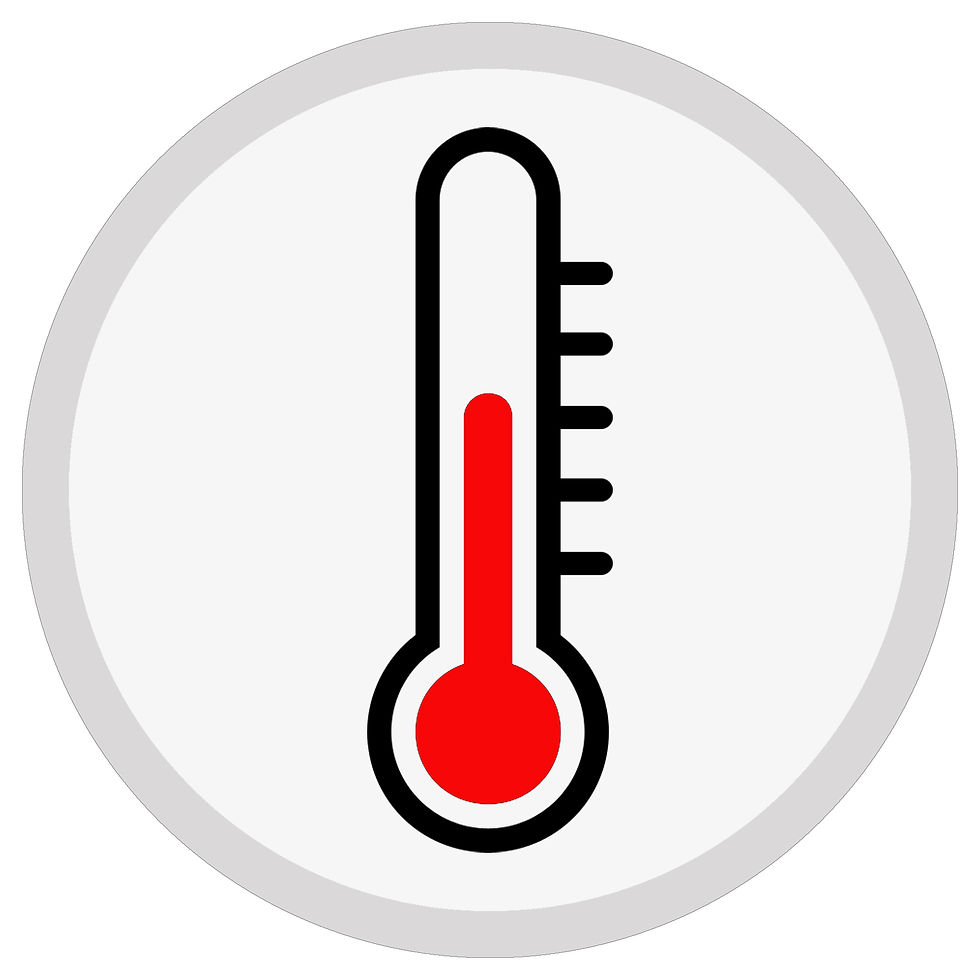I have a cold, should I run?
- Mike Stamp
- Nov 12, 2017
- 2 min read

The clocks have gone back, we hardly see daylight before or after work and the days and nights are getting colder. It's almost inevitable that we are going to get a cold. But should we run through it? Or should we listen to our body and rest?
Additionally, should we run and exercise if we are taking antibiotics? When to take antibiotics?

In short, antibiotics are for bacterial infection, colds and those similar are viral. An antibiotic will have no effect on a virus whatsoever!
But, is it safe to exercise?
A good rule of thumb is whether your symptoms are above or below your neck! Or the upper and lower respiratory tract.

Typically, signs and symptoms in the lower respiratory tract (LRT) for example, chesty coughs, chest infections and genuine muscular aches, then the advice is to avoid exertion exercise. Symptoms below the neck, are called systemic and are typical of more serious infections, and time should be given to fully recover from these. Signs and symptoms of the upper respiratory tract (URT) for example, a cough or the common cold are deemed safe to exercise with. Symptoms above the neck are typically milder infections and running is unlikely to to affect you. There is evidence to suggest that not only is running through a cold harmless, it can improve your well-being. These rules are very broad spectrum and not always cut and dry. If you are unsure, then air on the side of caution and rest and recover. There are more accurate measurements you can gauge as to whether you should rest or run.

Heart Rate If your resting heart rate is higher than normal, then we suggest you avoid running. A raised heart rate is a sign of your body fighting off an infection and should not be ignored easily.

Temperature
The body typically functions at 37C. If your temperature is greater than 38C then we suggest you avoid running.
Having a raised temperature, or fever is a sign that your body is fighting an infection and again should not be ignored. It is here that you may need antibiotics.
Surely you can sweat out a fever? There is no evidence to support this. You are more likely to delay your recovery and risk a raised temperature and therefore fever and antibiotics.
When should I seek medical help?

If you have:
asthma, diabetes or heart disease
a raised temperature for a lengthened period of time
a headache or stomach pains
feelings of tight chested or breathless with exertion
lost your appetite and feel nauseated
feelings of disorientated
symptoms lasting 3 weeks or more
This article is to give you advice only. There is no hard and fast rule. Everyone is unique. For accurate advice that's is specifically for you, then always seek personal advice from your GP. If you do decide to exercise with a head cold, then this general advice is noteworthy: Keep warm and well hydrated
Lower the intensity of your run
Avoid races
Take pain relief such as paracetamol
Eat well and manage your stress levels.






















